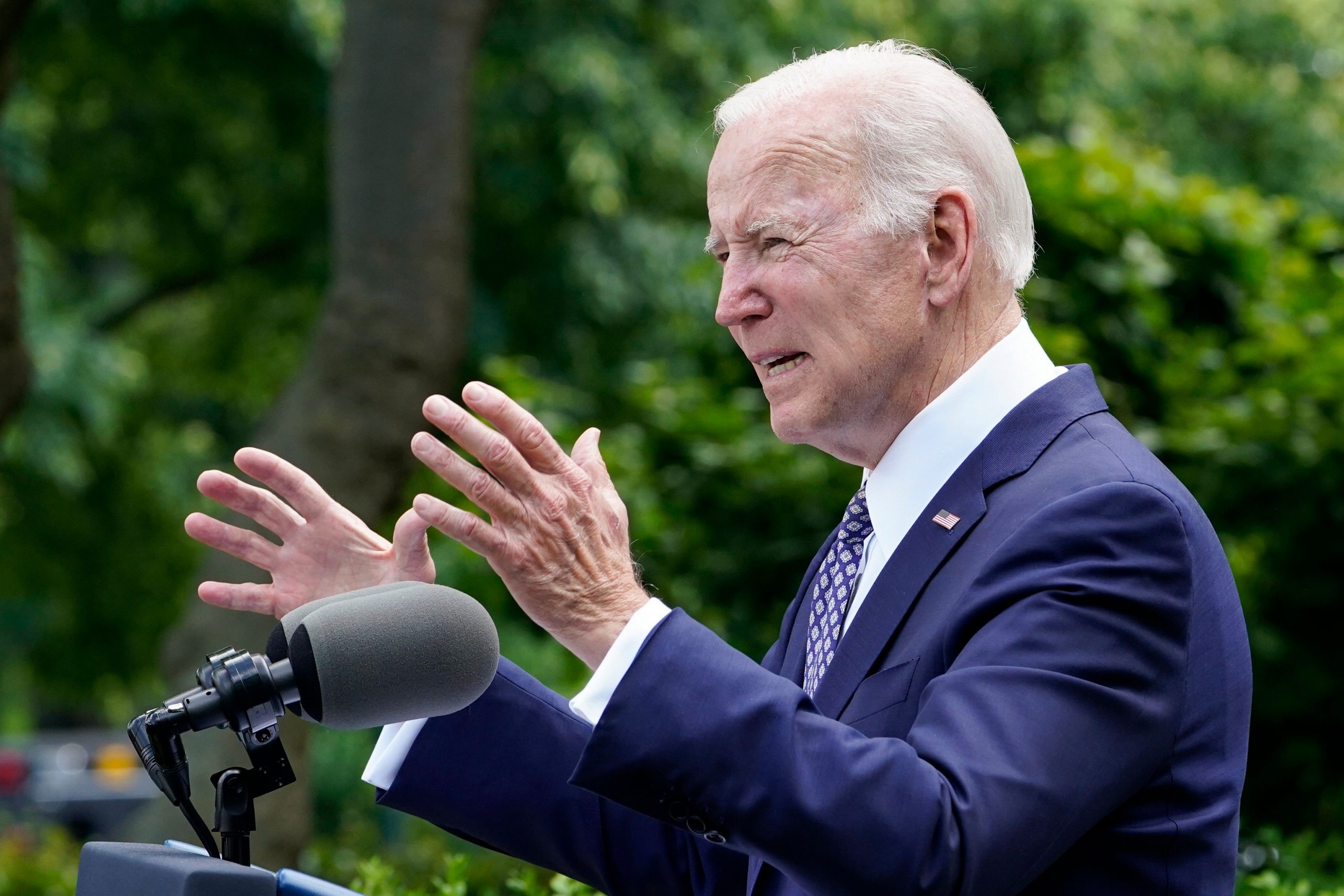The Russian
invasion of Ukraine following a “no limits” deal between Vladimir Putin and
Chinese President Xi Jinping had rendered Taiwan, the world’s semiconductor
hub, jittery. Now, with US President Joe Biden saying that the United States
will intervene militarily if China attacks Taiwan, tensions between two of the
world’s biggest economies are on the rise.
Biden’s statement
Monday, political observers believe, may pave way for conflict on the Taiwan Strait
instead of deterring Beijing. While Biden, in his statement, maintained that
the US continues in its policy of “strategic ambiguity” and reiterated his
commitment to the One China policy, China saw the US president’s remark as a
threat.
Also Read | A new Axis? What Russia stands to gain from closer ties with China
Reacting to Biden’s
statement, Chinese Foreign Ministry spokesperson Wang Wenbin said China “will
take firm actions to safeguard its sovereignty and security interests.” For
China, Taiwan is integral to its vision of an integrated Chinese state. The
Chinese Communist Party, and its current leader Xi Jinping, considers
reunification with Taiwan one of its historical goals.
As such, Biden’s remarks
about defending Taiwan seem to have angered Beijing to a level where Taiwan
only has more reason to feel threatened. Winston Lord, a former US Ambassador
to China, told POLITICO, that Biden’s remarks were “his gut instinct reflected
in mindless wording.”
Also Read | Why China views Quad as the ‘Asian NATO’
“…if Biden keeps
doing this, it could be a ‘big deal’ indeed,” said Lord, adding, “We should
maintain strategic ambiguity. We can deter Chinese attacks on Taiwan without
destroying our ambiguous one-China policy, which has been a core of our
relation with Beijing for a half century.”
Meanwhile, Bonnie
Glaser, Asia Program Director at the German Marshall Fund of the United States,
said, “It’s simply not correct to say that we have a commitment to come to
Taiwan’s defense…the fact that [Biden] keeps misstating the policy ends up
undermining deterrence.”
Taiwan’s
relationship with the United States is governed by the US-China Three
Communiques, the 1979 Taiwan Relations Act and the 1982 Six Assurances. The
Taiwan Relations Act commits that the United States maintains capacity to take
military action in the event of use of force or other forms of coercion that
would jeopardise the security, or the social or economic system.







